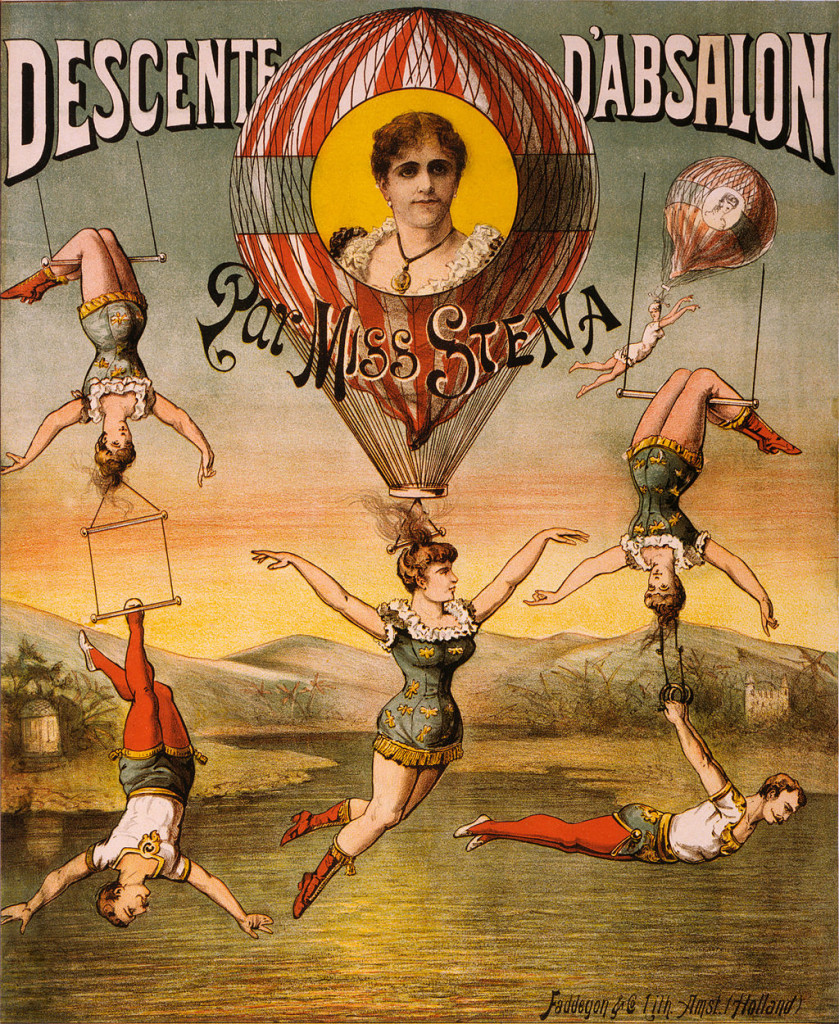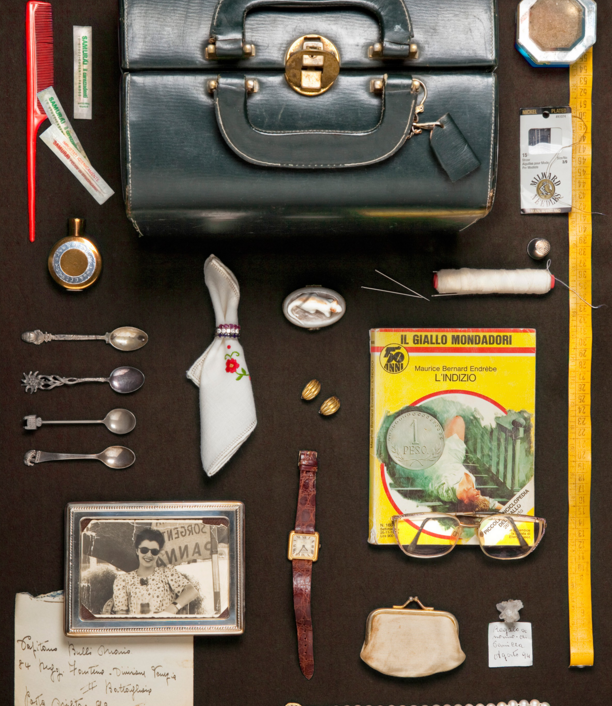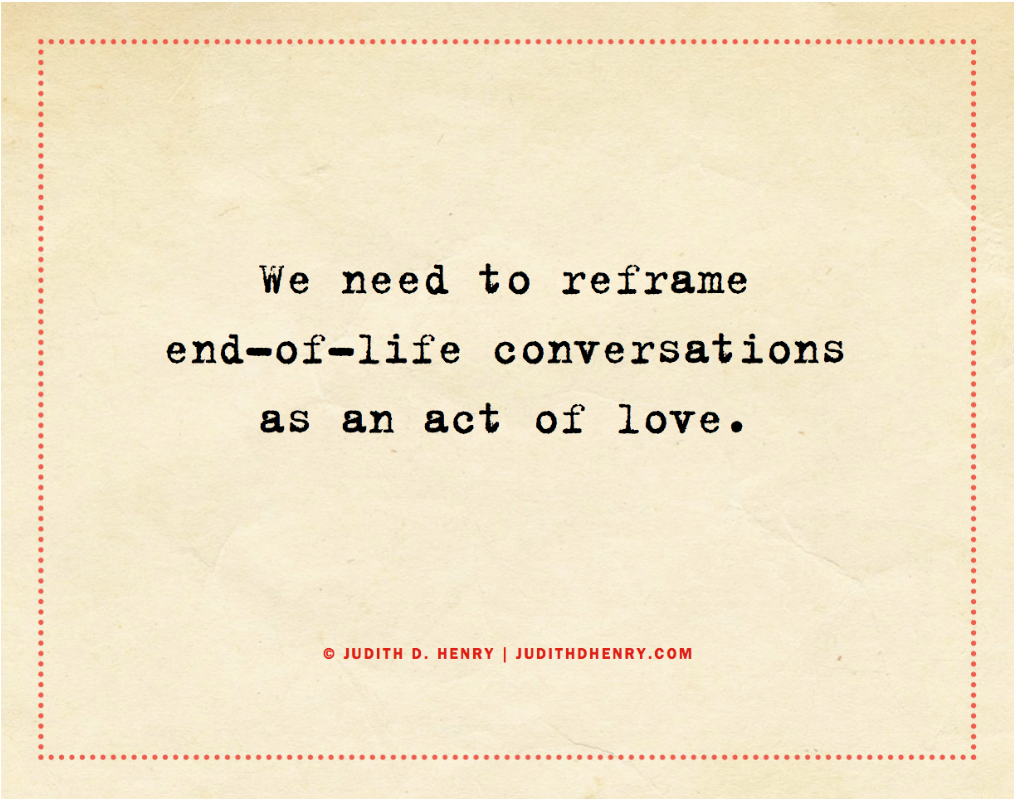
By Lithograph by Faddegon & Co., lith., Amsterdam, Holland [Public domain], via Wikimedia Commons
One night, I got caught sleeping at the office in a queen-sized bed that stood where my desk should have been. All my teeth started falling out in one long strand. There were terrorists at the mall. I tried to escape but couldn’t pick my car out of the 1000 other grey Camry’s in the parking lot. My contact lenses were all fogged up, so I couldn’t see the numbers on my cell phone to dial for help. Frustrating? Yes. Bizarre? Not so much.
Welcome to Caregiving 101, where our dream life can make more sense than real life.
During the six years spent caring for my parents, I sometimes felt like a high-wire act in a crazy three-ring circus. Maintaining a full time job, living two hours away from my folks, dealing with a broken medical system, healthcare emergencies, fractured family dynamics, and a father who was sliding into dementia yet struggling to maintain control, there were times when I questioned my sanity and the ability to keep going. What often saved me was a sense of humor that could politely be described as “dark.”
There was the miserable rain-soaked day when I drove to Orlando to register my mother’s last will and testament. Exhausted and choking on the words, “My mom has died.” I asked a security guard at the courthouse for directions to the Probate Division. He took that opportunity to rifle through my brief case and purse, proudly confiscating a pair of tweezers. TWEEZERS. At that point, I simply burst out laughing and told him, “Good job. What a relief to know that the chin hairs of Orange County are safe for another day.”
Even my book’s tongue-in-cheek title came out of an anxiety-laden visit one weekend to check on each of my parents – my mom in rehab following her mastectomy and my father at home, recovering from a fall. Driving with my head out the car window like a dog on a road trip, I had to find some way to calm down. A stop for coffee helped a little and got me to my dad’s house fifteen minutes later than my, always punctual, 9 AM. Sitting at the kitchen table in an old flannel robe, and checking his watch, he tisked, “Well, well, the dutiful daughter is finally here.” At that point I had three choices. The first was to start crying; the second was to get angry; and the third was to laugh, kiss the top of his head and say “Thanks, Daddeo, you’ve given me the perfect title for a book.” Choosing option number three turned out to be life-changing.
Maybe we should start taking laughter a little more seriously. Research shows that it allows our bodies to relax during stressful times; releases endorphins, a natural pain fighter; lowers blood pressure, and boosts our immune system. It speaks to resilience in the face of great turmoil; protects us from being crushed by our feelings; makes it easier to step back and regain perspective during moments of anger; and sometimes it can be a powerful way to soothe a broken heart. All that and you don’t even need a doctor’s prescription – just a willingness to embrace the sheer absurdity that life tosses you, when least expected.
As caregivers, we have to find respite from the mental, emotional and physical strains of this journey. Embracing the words of Linda Ellerbee, an American journalist, seems like the right place to start.
“In this world, a good time to laugh is any time you can.”
What do you think? Is there a time you could have cried, but chose to laugh instead?



